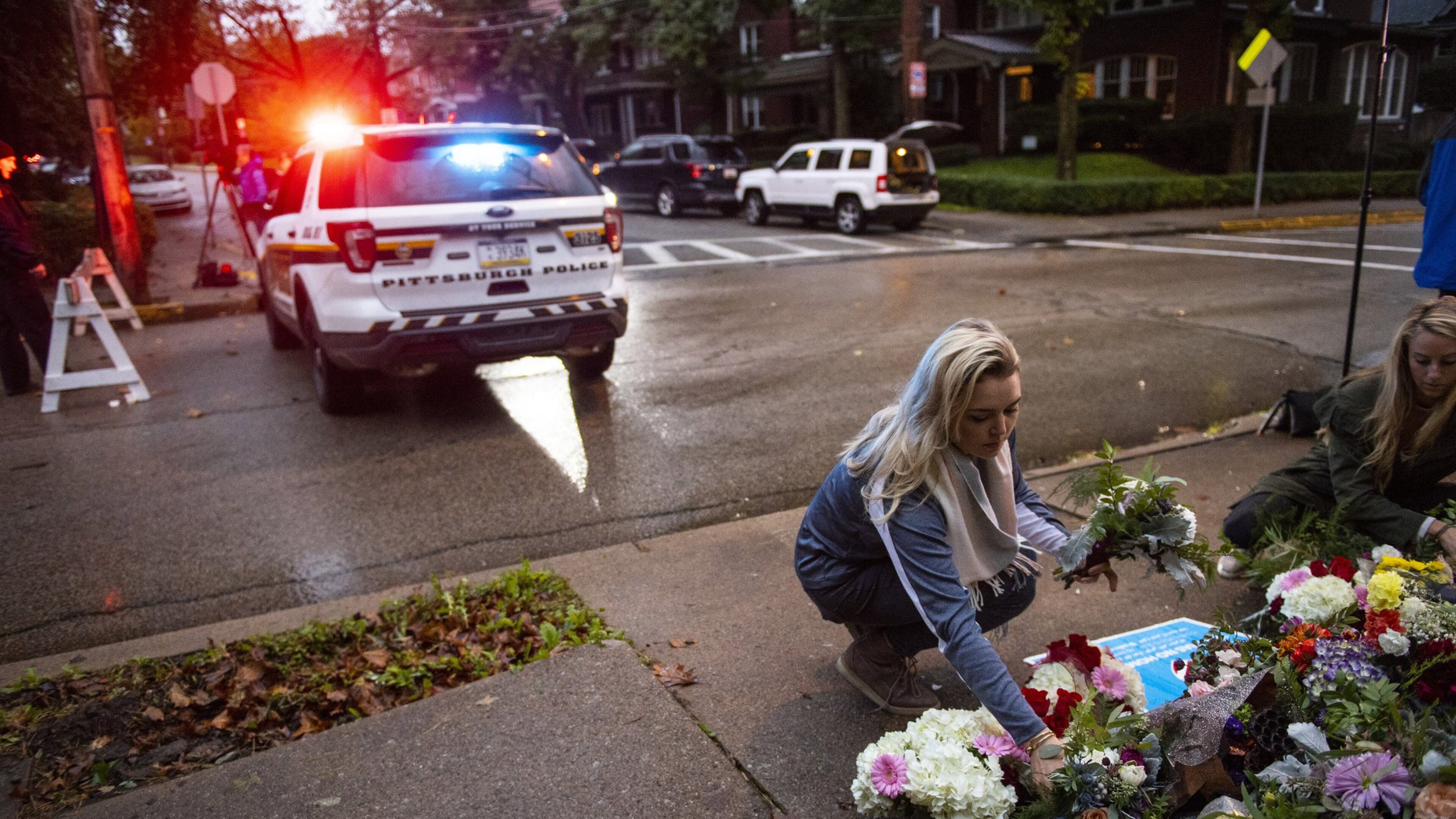Opinion: Silence is acquiescence, consent for hate

As a candidate for state office several years ago, I attended my fair share of political and civic gatherings. One morning I walked into a senior center in northeast Georgia where I was greeted by a gentleman who inquired where I was from. When I told him I had been born in Miami, and he replied he hoped I was not Jewish as “they were the worst kind.” I mustered enough strength to keep my composure and declined to acknowledge his anti-Semitic remark.
A few months later I spoke at a town hall in south Georgia. In the middle of the forum, a woman stood up and announced that they could not support me because I was not Christian. The audience applauded loudly. Once again, I bit my tongue, stomached the visceral pain and I told them I was proud of my Jewish faith and continued — but it was a long ride home.
During my pursuit of higher office, I attempted to rationalize my lack of response. I told myself that these voices were few and far between and if I were able to win I could help to raise awareness and educate all Georgians about the impact of hate and intolerance.
Luckily, I was blessed at the end of a successful campaign to represent our state. But now as I look back, I realize that silence is acquiescence, silence is consent. We are all called to do what we can to stand up to hate.
As Attorney General, I was confronted by a woman in east Georgia who told me that she had read the Quran and that all Muslim Americans were, in fact, anti-American and needed to be deported. This time I did not bite my tongue. Even though the hate was directed at a community I did not call my own, I couldn’t stay silent any longer. I told her that she was 100% wrong, and that our Constitution protected peoples of all faiths.
As I look back I realize that I was more comfortable denouncing Islamophobia than attacking anti-Semitism!
I, like so many others, have been able to withstand heinous personal attacks, developing a thick skin in the process. But what happens when vitriol turns to violence? When a young gay man is murdered not for something he said or did, but rather for who he is — what should we do? When a passenger shoots at a car driven by an African American and then yells racial slurs, solely due to the color of his skin — what should we do?
As we weigh that question we must remember that — these types of attacks are not traditional crimes, they are hate crimes. And hate crimes do not warrant traditional prosecutorial process. The punishment for bias-motivated violence must be steep. Why? Because these crimes are different. They are intentional, targeted criminal acts based on personal characteristics, characteristics that a victim shares with thousands of other Georgians, whether white or black, Jewish, Christian or Muslim, gay or straight. They are intended to send a message — not only to the victim but to the community as a whole, and the message is this: You are not welcome. You are lesser than me and mine. You do not belong.
These crimes are not “thought” crimes. They are acts of unmistakable aggression and terror, and the individuals who commit them seek not only to deface a single Jewish gravestone, burn a single Methodist church, or harm a single individual, but to cast fear into the hearts of our diverse communities, regardless of the race, gender, religion or sexual orientation of their target.
All Georgians deserve hate crimes legislation. However, Georgia is one of only four states that does not have a hate crimes law, hamstringing our law enforcement professionals from adequately combating these unique crimes. Many of our state’s leading law enforcement agencies have recognized this, and have asked our Legislature to provide them with the tools they need to seek additional penalties based on the heinous nature of these actions, much like the tools they already possess to protect the elderly, children and police officers.
Moreover, hate crimes in this state have increased 200 percent, just from 2011 to 2015. Words of hate alone are bad enough, but physical violence, vandalism and arson demand an enhanced penalty not only to deter future actions but to send a message to all Georgians that our state will not tolerate efforts to sow terror and divisiveness in our midst.
We cannot let the messages of hate reverberate throughout our state and force any of our communities to walk in fear. That is why I am urging that our state Legislature pass a hate crimes law and definitively combat the community-wide terror these hate crimes inflict on all of us. As declared by Rev. Dr. Martin Luther King Jr. many years ago, “Injustice anywhere is a threat to justice everywhere.”
Silence is acquiescence, silence is consent.
Sam Olens is a former Georgia Attorney General and former Chair of the Cobb County Commission.


